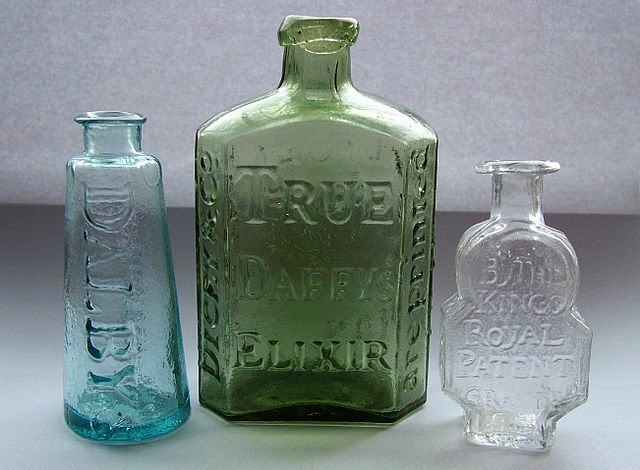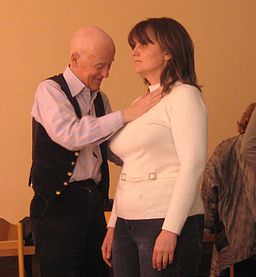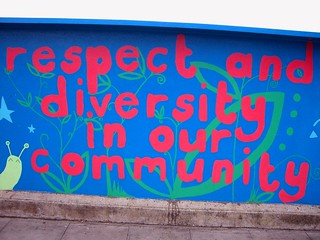There is not a right way to come out as an atheist. It looks different for everyone who does it, and it is a personal decision about if, when, and how best to do it. That said, a recent post by Coal Miner's Granddaughter called Coming Out of the Closet put a smile on my face. After identifying herself as an atheist and explaining why she believes that religion has "caused more harm than good" in the world, she delivers a message to the religious people in her life:
I know that once I hit publish on this blog post, some of you who read this will think I'm a Godless, immoral, horrible person. That's fine. Think of me what you will. Cut me out of your life because of this. But know this. I'm the same person whom you've always known. I just kept my questioning of religion, of God, secret from all of you and it is just now, at this stage of my life, that I feel comfortable enough in my own skin to "come out" finally, and announce who I am.











